South Asia's most deadly earthquakes - as disaster strikes again
Latest 'quake in northern Afghanistan is the fifth to hit the area in 15 years
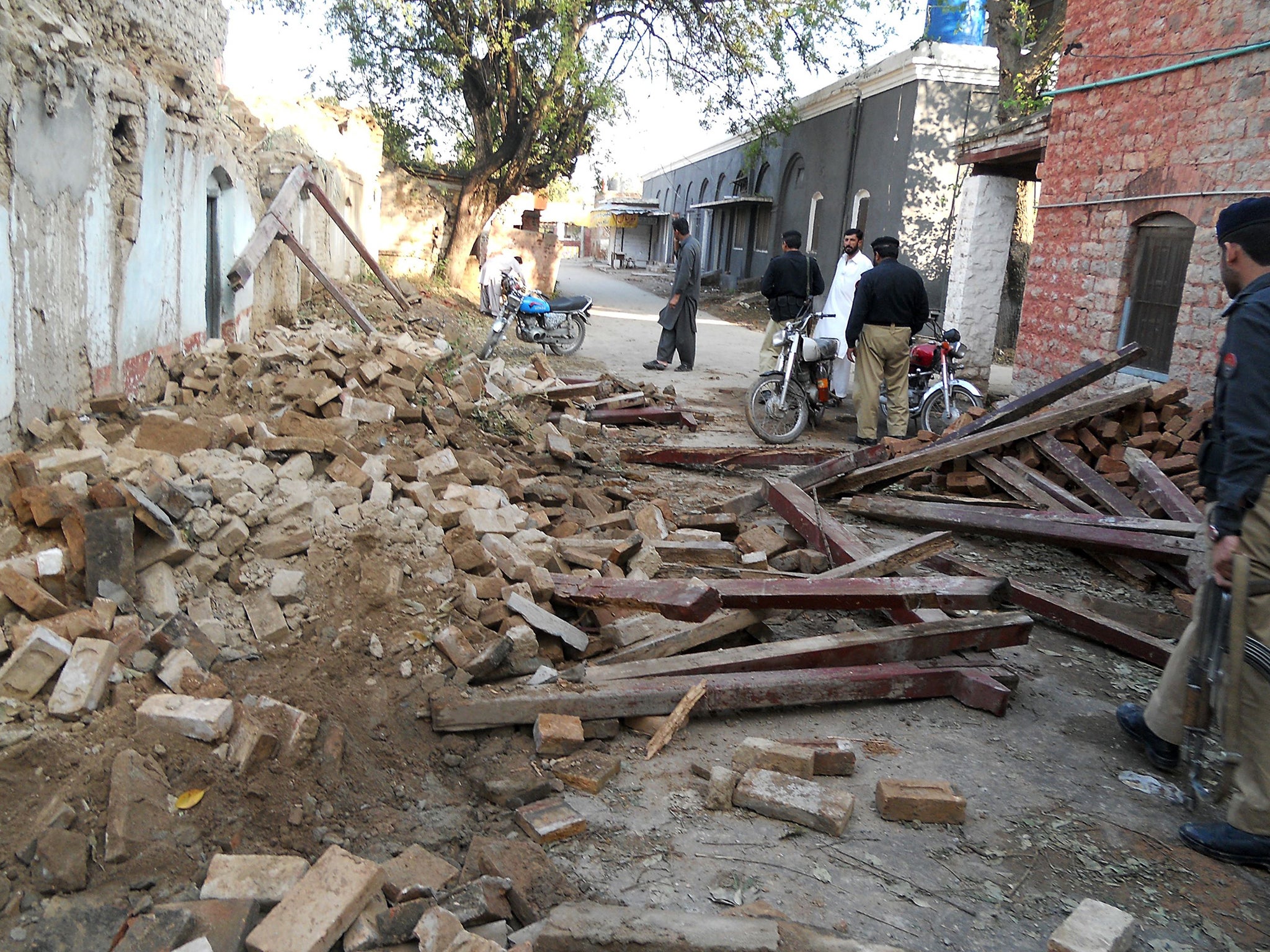
Your support helps us to tell the story
From reproductive rights to climate change to Big Tech, The Independent is on the ground when the story is developing. Whether it's investigating the financials of Elon Musk's pro-Trump PAC or producing our latest documentary, 'The A Word', which shines a light on the American women fighting for reproductive rights, we know how important it is to parse out the facts from the messaging.
At such a critical moment in US history, we need reporters on the ground. Your donation allows us to keep sending journalists to speak to both sides of the story.
The Independent is trusted by Americans across the entire political spectrum. And unlike many other quality news outlets, we choose not to lock Americans out of our reporting and analysis with paywalls. We believe quality journalism should be available to everyone, paid for by those who can afford it.
Your support makes all the difference.A 7.5 magnitude earthquake has rocked northern Afghanistan. At least 200 people have been confirmed dead so far and tremors were felt in Kabul, Islamabad and Kathmandu, making it one of the most powerful earthquakes to hit south Asia in recent years.
South Asia is a hotspot for natural disasters, with Mondays quake marking the fifth to hit the area in the last 15 years. Below is a list of the most deadly.
8 October 2005
Pakistan’s North West Frontier Provinence was hit by a shallow 7.6 magnitude earthquake which killed more than 75,000 people and displaced a further 2.8 million, making it the most deadly earthquake to ever hit south Asia.
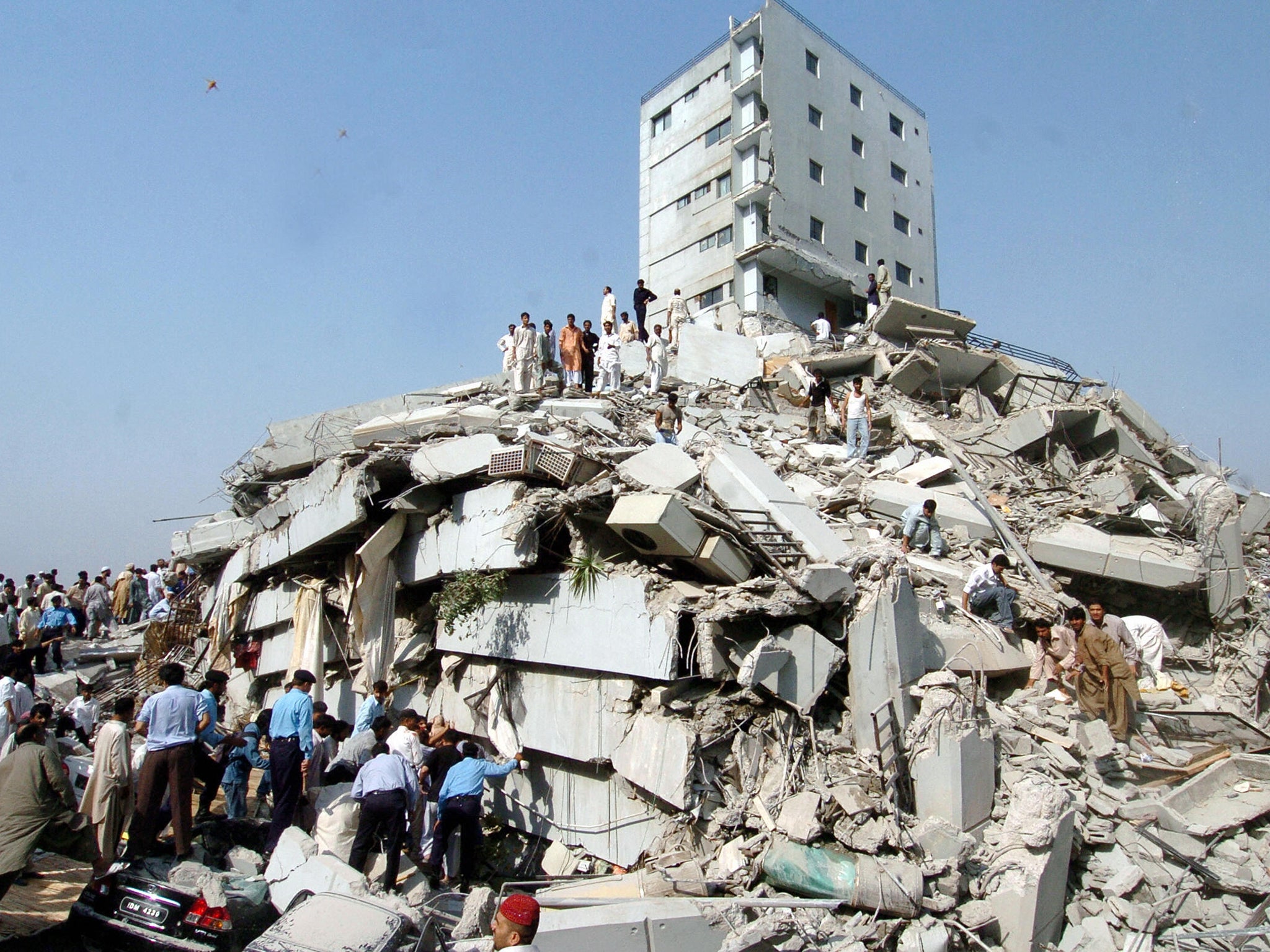
31 May 1935
Still regarded as one of Pakistan’s most deadly earthquakes, the Quetta earthquake killed an estimated 30,000 – 60,000 people and seriously damaged the towns of Mastung and Kalat.
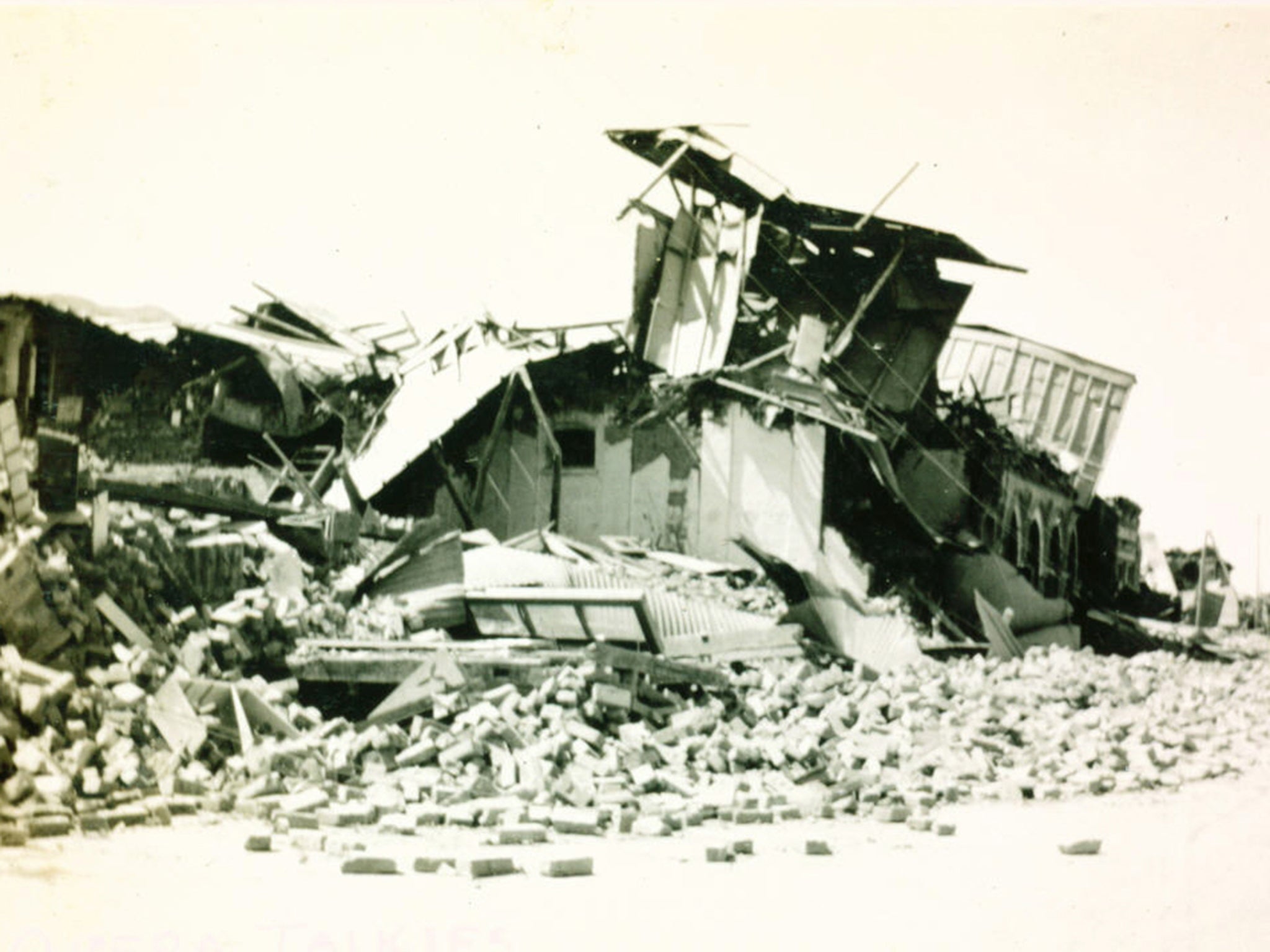
26 January 2001
Registering at a 7.7 magnitude, the earthquake hitting the Bhuj-Ahmadabad-Rajkot area of India killed 20,005 people, injuring a further 166,836, and destroying 339,000 buildings in the area.
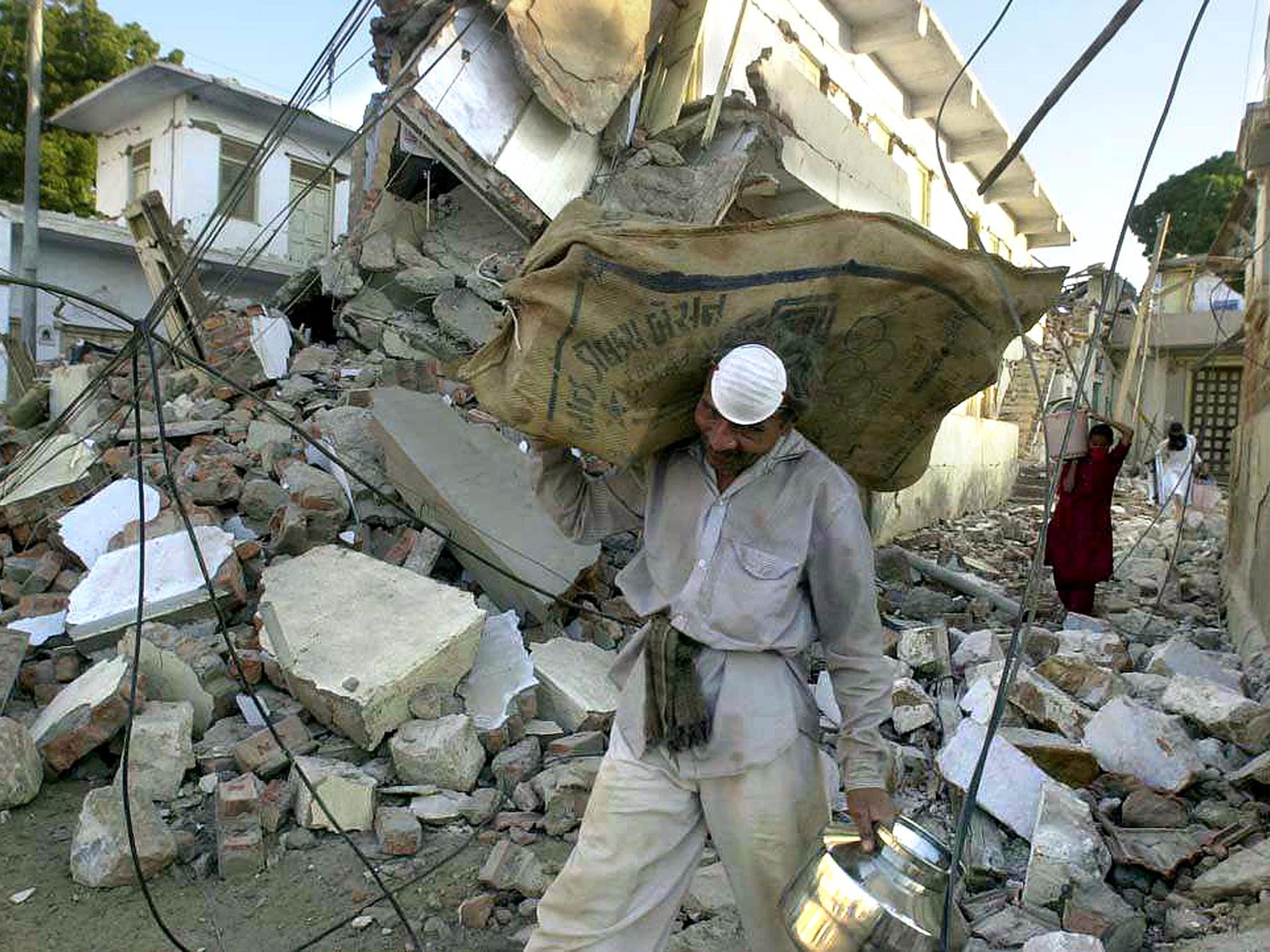
25 April 2015
A magnitude 7.8 earthquake struck central Nepal earlier this year, killing over 8,000 people. The region then suffered 120 aftershocks (smaller earthquakes that occur after a larger one), including one which measured 7.3 on the 12 May.
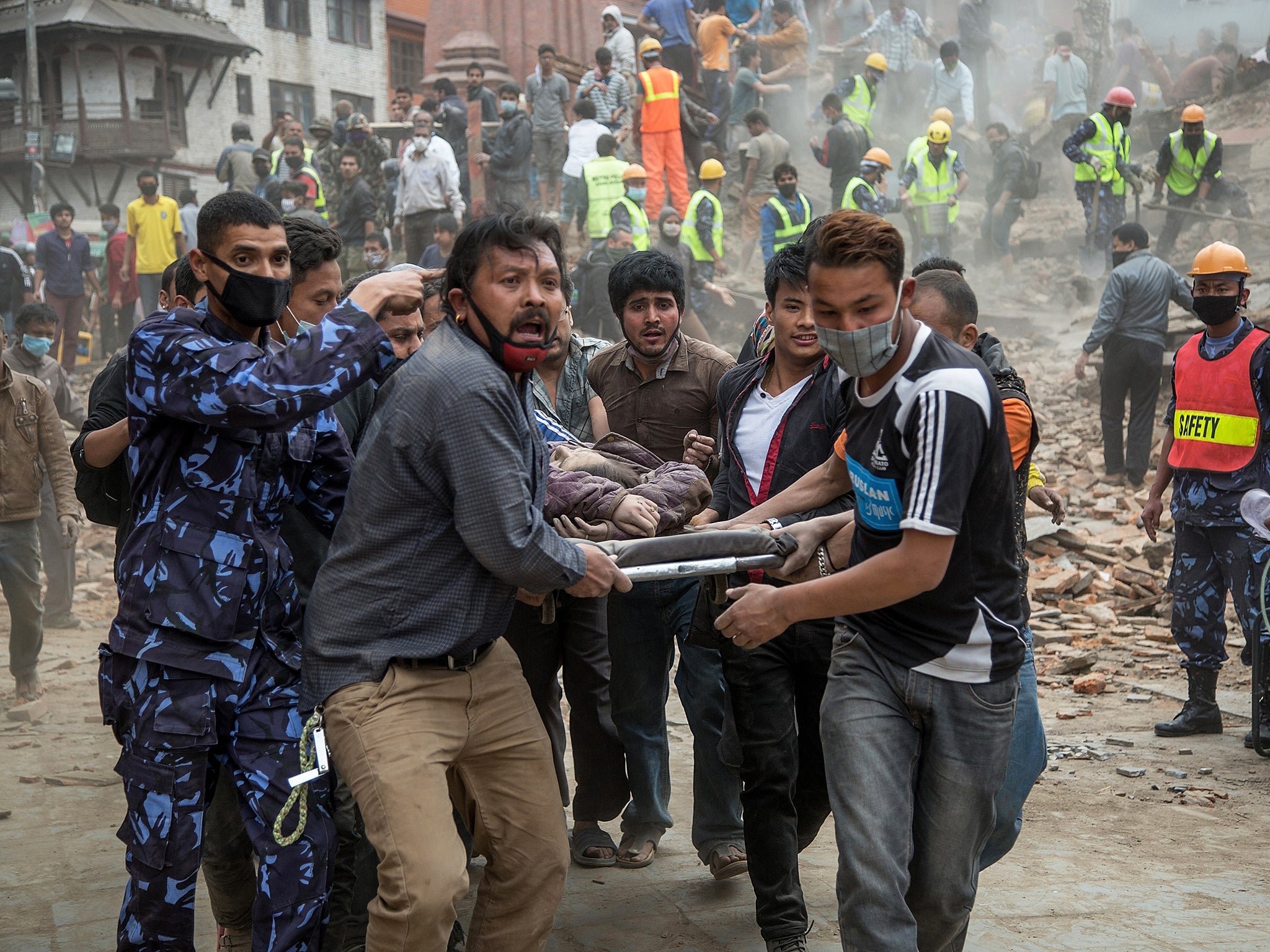
29 September 1993
Estimated to have caused over $300,000,000 worth of damage, the Killari earthquake that hit central India in 1993 reached a 6.2 magnitude and had a death toll of over 11,000 people.
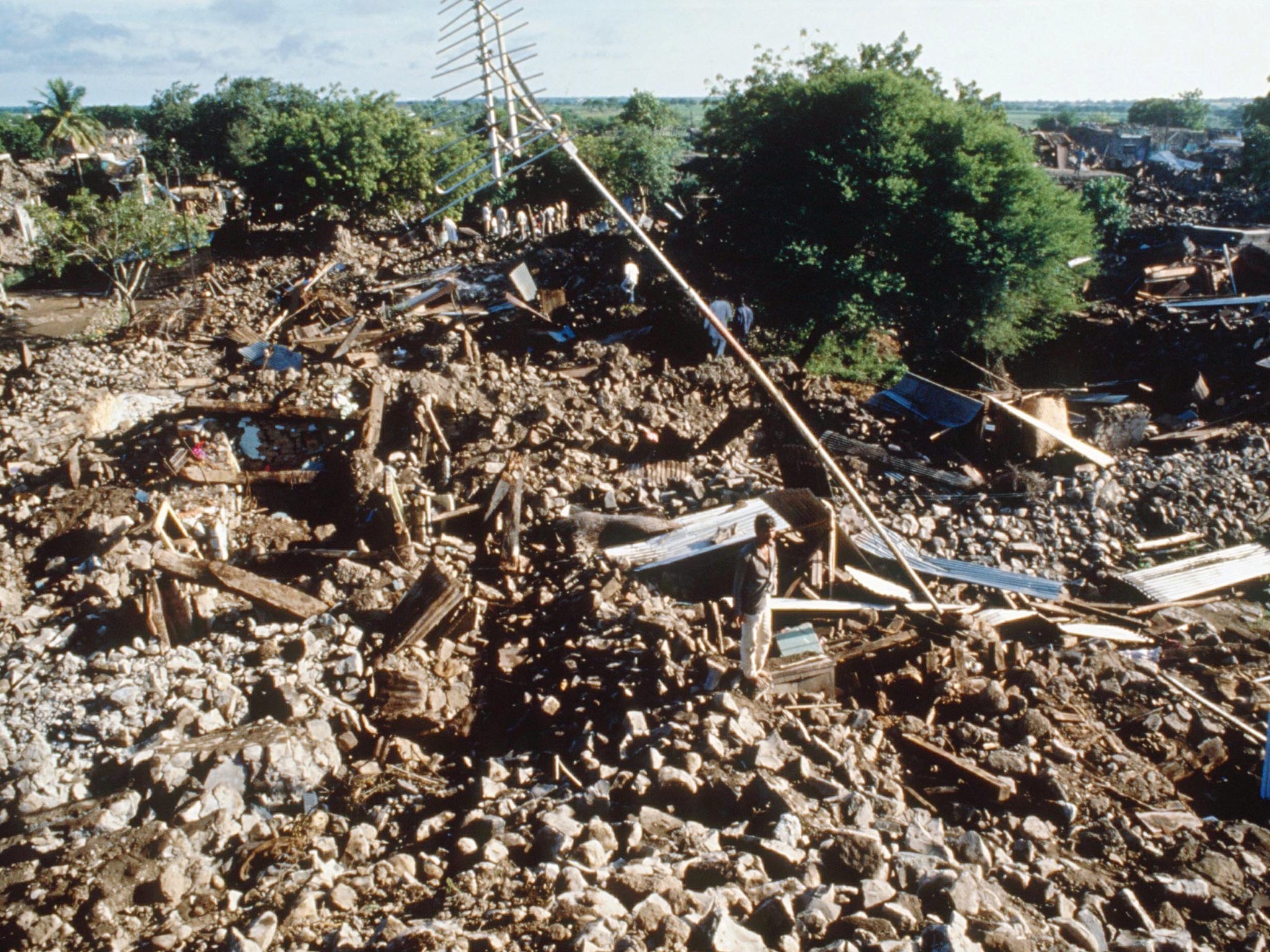
Join our commenting forum
Join thought-provoking conversations, follow other Independent readers and see their replies
Comments